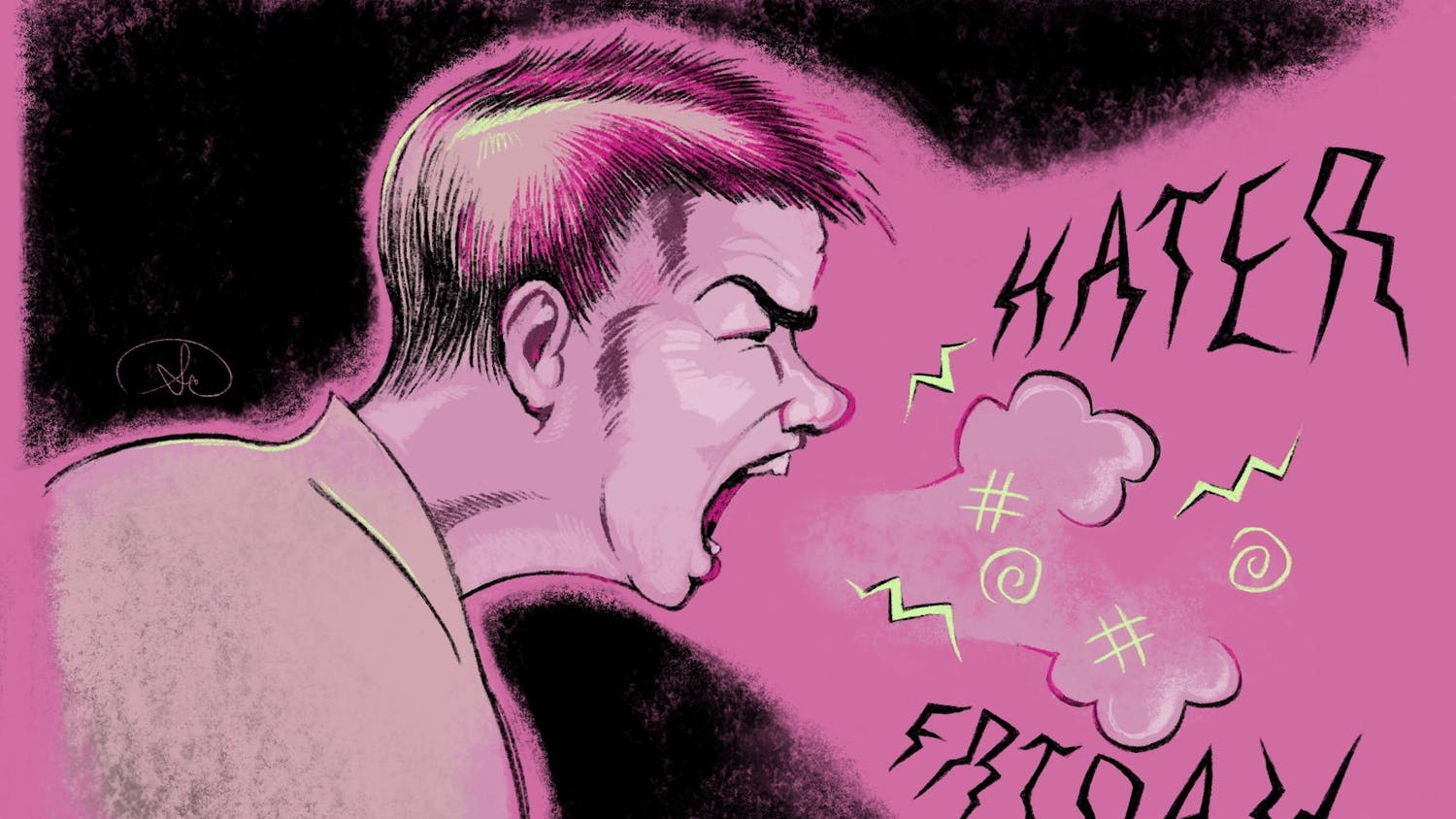I am not ashamed to admit that I am a social media addict; my weekly screen time average for TikTok is 10 hours, Instagram is 7, and Pinterest (because Pinterest is a valid form of social media, but that’s an argument for a different day) is 5. When TikTok was banned in the United States for 12 hours, I found myself so much more productive than I have ever been in my life: I cleaned my dorm, did my readings for SOC1101 like 2 weeks in advance and even finished my MATH1920 problem set in one sitting (hard to believe, I know!). But, most importantly, I found myself reflecting not just on how much time I spend on TikTok and other social media, but also on the content that I was consuming. And I realized something — once you look past the Shein hauls, TikTok vlogs and DIYs, there’s something much more complicated happening on our explore pages: social media has become ground zero for a new movement to rebrand, waterdown and westernize Black and Latino cultures in order to make them mass-marketable.
This is not a new phenomenon, rather this has arguably been years in the making. For instance, see the rise of the 2022 trend of “Spa Water,” in which TikTok wellness influencer Gracie Norton advertised to her half-a-million followers that she had come up with a cucumber-sugar-water concoction that was “anti-inflammatory and packed with antioxidants.” What Norton failed to mention was that this “Spa Water” recipe wasn’t an original and had in fact already existed for centuries under the name of “Agua Fresca.” A Mexican and Central American staple, Agua Fresca dates back to the Aztec Empire and can easily be found being sold by Latino street vendors and corner stores. And that’s just one example. Looking across social media we can see how Mexican esquites — a popular street food consisting of boiled corn kernels topped with lime juice, hot sauce, cotija cheese and mayonnaise — have been rebranded by white influencers as “Mexican Corn Salad” and horchata — a cinnamon rice-milk drink which holds origins in various Latin American and West African countries — as “mud water.”
When these Latino recipes are prepared and served by the people they originated from, mainstream media is quick to dismiss them as gross, dirty and/or unhealthy. But, as soon as outside groups — who are almost always white — take it and present it as their own authentic “creation,” they are quick to receive thousand dollar brand deals, glowing media coverage and praise for coming up with the next big health trend.
We can see these same patterns of appropriation within beauty and fashion spaces too. Most notably, is when Hailey Bieber shared her “go-to fall lip combination,” a dark lip liner and lip gloss, on TikTok in order to promote a new release from her makeup brand Rhode. Bieber dubbed her look “glazed brownie lips,” a look that went viral on TikTok until users began to note its similarity to lip combinations that Black and Latina women, including icons Selena Quintanilla and Aaliyah, have been wearing for decades.
Beauty aesthetics that have long been rooted in Black and Latino communities have been stripped of their cultural roots and rebranded as a go-to “clean girl” look by white social media influencers. Historically, these fashion and make-up trends have negatively been viewed as “unprofessional,” “trashy” and “distracting” when worn by Black and Latina women, and yet, when they are worn by the right (read: white) influencer, they are suddenly deemed worthy of Vogue write-ups and Sephora shelves.
An argument could be made that these trends are ultimately harmless and even a form of cultural appreciation, not appropriation. But I challenge this idea. How much “appreciation” is actually being shown to Black and Latina communities if recognition and respect isn't awarded to these trends until they are completely stripped of their cultural roots and divorced from the Black and Latina women who popularized them? These fashion trends, makeup styles and dishes have always been viewed as vibrant, stylish and popular by their respective communities, it’s just that mainstream social media couldn’t acknowledge this until they were filtered through a white lens. So when these trends blow up on TikTok or Instagram by white, wealthy influencers, it should be seen for what it truly is: exploitation.
That’s not to say I don’t welcome cultural appreciation on social media because I do. The beauty of the modern digital world we live in is that everyone and everything is so interconnected in a way that wasn’t possible 50 years ago. We have the privilege of being able to learn and participate in cultures and communities beyond those that we have direct access to. Cultural appreciation is wonderful when it is done right and with intention. This means white influencers giving credit where credit is due and ensuring social media companies are building an algorithm that uplifts Black and Latina creators who have always been sharing these trends online but have just been gatekept from the spotlight — because this is an issue that runs deeper than individual influencers. Social media platforms amplify whiteness; their algorithms, which decide what (and who) we see, favor white creators and whitewashed content in order to maximize their own profit. However, by doing this, they are ultimately contributing to a larger movement to erase Black and Latino culture from American media.
I understand the desire to use social media as an escape, there are days where all I want to do is mindlessly scroll on TikTok for hours in order to find some relief from the real world. However, nothing can exist devoid of context; social media reflects systemic inequalities we see in the real world, and the truth is that these trends from Black and Latino cultures have always existed and been popular. The only difference now? Who’s profiting.
Leslie Monter-Casio is a freshman in the College of Engineering. They can be reached at lm953@cornell.edu.











